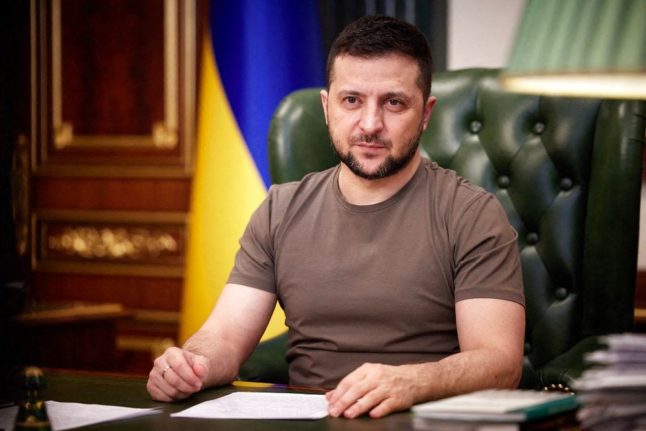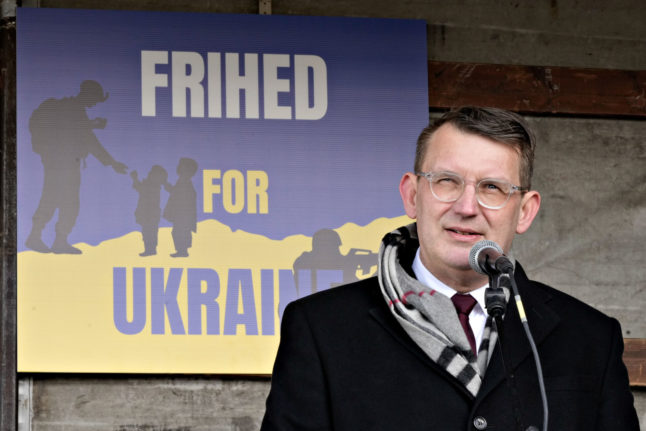Zelensky has made multiple appearances by video link before parliaments in other countries.
The Ukrainian government leader will address the Folketing in Denmark on March 29th.
“The president will give an orientation on the situation in Ukraine and thank the Danish people for the support that has been shown for his country,” the Danish parliament said in a statement.
“Since conditions in Ukraine can change at short notice, there is a level of uncertainty about the occasion. It may, as such, be necessary to change or cancel the meeting at short notice,” it added.
Ukraine’s ambassador to Denmark, Mykhailo Vydoinyk, was given a standing ovation when he visited the Danish parliament earlier this month.
Video fra Folketingets TV af de stående ovationer for den ukrainske ambassadør – og for Ukraine.
Bemærk: Det er usædvanligt, at der klappes i salen.
Det hele begyndte med nogle ord fra folketingsformanden. pic.twitter.com/1l7y8Hgd7M
— Mads Bonde Broberg-Wedel (@MadsBroberg) March 3, 2022
Zelensky’s speech to Sweden’s Riksdag is scheduled for this Thursday at 10:55 am, the parliament said.
“I’m honoured that the president of Ukraine wants to address parliament during a raging war,” said speaker Andreas Norlen.
Less than a week after Russian troops invaded on February 24th, Zelensky spoke to MEPs in the European Parliament on March 1st.
Since then, he has addressed the US Congress, as well as British, Canadian and German lawmakers among others.
On Wednesday, Zelensky was to speak to the French National Assembly, and on Thursday he is due to address an extraordinary NATO summit.
Kyiv, which has received large deliveries of mainly anti-tank and anti-aircraft weapons from the West, is now calling for “offensive weapons” as deterrence against the Russian army.
Denmark has sent lethal aid to Ukraine in the form of 2,700 anti-tank weapons.
Sweden has delivered 5,000 anti-tank launchers to Ukraine, breaking its doctrine of not sending weapons to countries in active conflict for the first time since 1939.
READ ALSO: EXPLAINED: How Ukrainians can apply for residence and work permits in Denmark



 Please whitelist us to continue reading.
Please whitelist us to continue reading.
Member comments